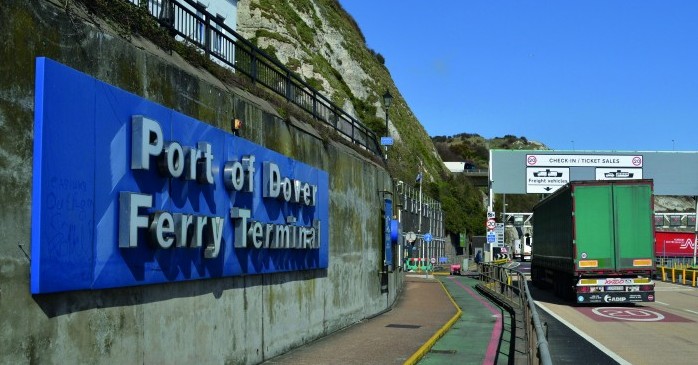The British Veterinary Association has criticised the Government’s announcement that it is making changes to some of the requirements for imports from the EU into Great Britain, and postponing the dates at which some checks will come into force in order to minimise industry disruption.
New EU checks on exports from GB came into force on January 1, 2021, following the UK’s formal departure from the EU Single Market and Custom’s Union, causing additional costs, bureaucracy and delays for exporters of UK meat and dairy products.
The UK’s equivalent import checks have been further delayed, confirmed last week by Cabinet Secretary Michael Gove, meaning the need for health certificates for pork and other meat and dairy products has been put back from April 1 to October 1, while physical checks at border control posts will be introduced at the start of 2022, rather than on July 1, 2021.
BVA President James Russell said although the changes may provide “some welcome breathing space” for industry, their introduction comes at a late stage when vets have been working hard to make preparations for a new raft of requirements being introduced in only three weeks’ time.
He said: “At a time when there are ongoing concerns about veterinary capacity, the sector really needs as much notice as possible to adjust to new demands and shifting timetables. It’s essential that we now use this additional time to put clear plans in place.
“We are also seeking reassurances that delays to import checks will not impact on our ability to protect the UK from disease incursion. These checks form a line of defence to help protect against diseases not currently present in the UK, such as African Swine Fever. This is particularly important as the UK currently does not have access to the range of EU disease surveillance and cooperation systems.”




